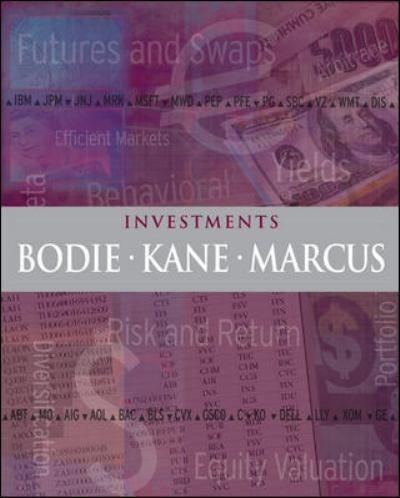(2 A firm has a project that will either succeed or fail. Assume this information will be revealed at the end of the day, so all cash flows are their present values. If the project succeeds (with probability 0.6), the firm will be worth $120 million. If the project fails (with probability 0.4), the firm will be worth $80 million. a. Suppose the unlevered firm is financed by equity only. What is the expected value of the unlevered equity? b. Now the levered firm is financed by debt with a face value of $90 million as well as by equity Assume that bankruptcy entails no additional legal costs. i) What is the expected value of the debt? i) What is the expected value of the equity? ii) According to your answers in parts (i) and (ii), what is the expected value of the firm? c. Based on your answers to 2a and 2b, does leverage affect the value of the firm (even when debt is risky)? That is, does MM Proposition I hold in the case of costless bankruptcy? Explain. D 90 Now the firm faces costs of bankruptecy. In the event of bankruptcy, when the cash flows to debtholders do not cover the face value of the debt, the firm must pay lawyers who charge $20 million. If the firm does not go bankrupt, the lawyers receive nothing. d. Suppose that the firm does not fund itself using debt, it only issues equity. What is the expected value of the unlevered equity? e. Now the levered firm is financed by debt with a face value of $90 million as well as by equity. i) What is the expected value of the debt? ii) What is the expected value of the equity? ii) What is the expected value of the firm? f. Does leverage affect the value of the firm? By how much? Explain. (2 A firm has a project that will either succeed or fail. Assume this information will be revealed at the end of the day, so all cash flows are their present values. If the project succeeds (with probability 0.6), the firm will be worth $120 million. If the project fails (with probability 0.4), the firm will be worth $80 million. a. Suppose the unlevered firm is financed by equity only. What is the expected value of the unlevered equity? b. Now the levered firm is financed by debt with a face value of $90 million as well as by equity Assume that bankruptcy entails no additional legal costs. i) What is the expected value of the debt? i) What is the expected value of the equity? ii) According to your answers in parts (i) and (ii), what is the expected value of the firm? c. Based on your answers to 2a and 2b, does leverage affect the value of the firm (even when debt is risky)? That is, does MM Proposition I hold in the case of costless bankruptcy? Explain. D 90 Now the firm faces costs of bankruptecy. In the event of bankruptcy, when the cash flows to debtholders do not cover the face value of the debt, the firm must pay lawyers who charge $20 million. If the firm does not go bankrupt, the lawyers receive nothing. d. Suppose that the firm does not fund itself using debt, it only issues equity. What is the expected value of the unlevered equity? e. Now the levered firm is financed by debt with a face value of $90 million as well as by equity. i) What is the expected value of the debt? ii) What is the expected value of the equity? ii) What is the expected value of the firm? f. Does leverage affect the value of the firm? By how much? Explain







